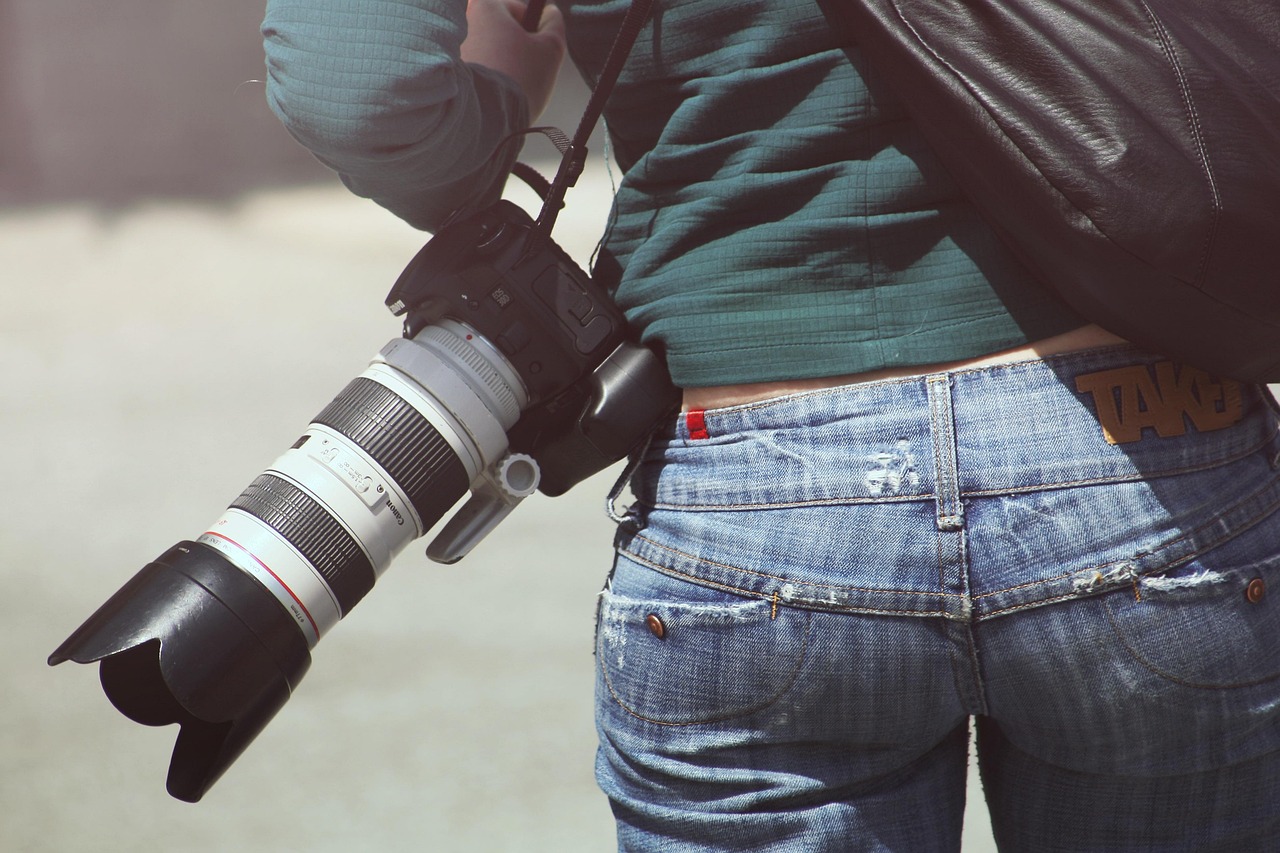Commissioning Professional Photography for Events.

Quality images that capture the essence of an event are critical tools for event organisers in promotional activities and brand positioning. How do organisers of music festivals and conferences go about selecting a professional photography service that will deliver what they want at a reasonable cost.
Selecting the right professional photography service for any event requires a comprehensive process to achieve objectives. High quality images are essential to capture an event's atmosphere but are also required for marketing or media content as well as forming a key part of sponsor agreements. The commissioning process involves assessment of creative and production abilities as well as sometimes complex legal issues.
The Importance of Quality Images for Event Organisers.
Event organisers are sometimes tempted to do their own photography taking advantage of advances in modern technology and high-resolution phone cameras. However, there is no substitute for a professional photographer who better understands light, composition, exposure and getting the best out of the equipment available. High resolution images in various formats are perfect for use in online formats on websites and social media channels. Good high-quality images are also essential if they are to be enlarged for billboard advertising and banners for example. Organisers may also have obligations with sponsors to ensure that images recorded for an event incorporate their logo or other promotional activity.
Objectives and Brief.
Prior to selecting a professional photography service organisers must clearly define their objectives and provide a comprehensive brief that can be used in a tender process. What volumes of images are required for different formats and what is the intended usage? This may include numerous online digital formats and print publishing of posters, leaflets, magazines or brochures. Any brief issued to potential photography suppliers should also indicate guidelines on the style and mood that images are expected to portray. In addition, specific requirements on the total number of images plus essential images expected which may include crowds, artists or speakers both formal posed and candid. Other essential image requirements can also include sponsor and event logos plus images of the overall branding themes and venue or site dressing.
Selection Process.
The final brief is provided to a shortlist of professional photography service providers along with additional information on timing and budget availability. Potential providers will be required to submit proposals along with details of their experience and portfolio of previous event work completed including testimonials. Submissions may also include details of the equipment they have and propose to use with an explanation of their capabilities for low light images and capturing movement. A shortlist of 3 or 4 may be called in for a meeting with organisers who also want to understand the photographer's personality and general fit for a proposed event. When the preferred supplier has been selected a robust contract is required that details the copyright ownership of images produced and any applicable licensing usage rights. Contracts may also specify exclusive use details along with applicable duration periods and any territory restrictions. Other standardised contract deliverables will also include payment terms and number of images in each format required for example.
Event Logistics.
The appointed photography service will go through the formal accreditation process and be issued with passes that are likely to be access to all areas enabling them to do their job, in addition they may be provided with accommodation and refreshments. An inspection of the venue or event site is essential to determine where to be located to achieve the shots required and gain a better understanding of lighting and physical obstructions for example. Organisers will provide someone with responsibility for liaison with photographers to ensure they are briefed and introduced to specific people who need to be photographed. Event liaison staff should also provide the photographer with a detailed event schedule and a running order with the times and locations of all key moments. Photographers will often need the use of a secure room where they can store equipment and perform checks and back up exercises during a multi-day event.
Review and Publishing.
A professional photographer could shoot thousands of images during an event which gives a great starting point for review and selection. The final delivered images for review will usually be whittled down to a few hundred providing a different aspect of light setting for each image for example. It is common for organisers to require images for online uploads during the event so a process of submission and selection should be established for a rapid turnaround in real time. The submission of the remaining images will usually be supplied withing a few days in an acceptable digital format that allows organisers to make selections as and when required. These images form an archive of the event that can be kept for future use and reference.
For festival organisers planning their next event using a software management platform like Festival Pro gives them all the functionality they need manage every aspect of their event logistics. The guys who are responsible for this software have been in the front line of event management for many years and the features are built from that experience and are performance artists themselves. The Festival Pro platform is easy to use and has comprehensive features with specific modules for managing artists, contractors, venues/stages, vendors, volunteers, sponsors, guestlists, ticketing, site planning, cashless payments and contactless ordering.
Image by SplitShire via Pixabay
<< Back to articles
Contact us
Get in touch to discuss your requirements.
US: +1 424 485 0220 (USA)
UK: +44 207 060 2666 (United Kingdom)
AU: +61 (2) 8357 0793 (Australia)
NZ: +64 (0)9887 8005 (New Zealand)